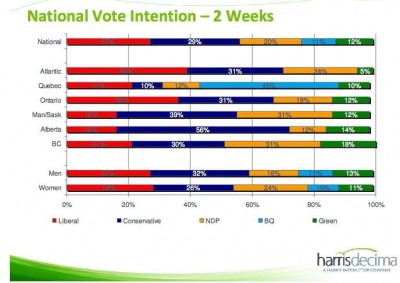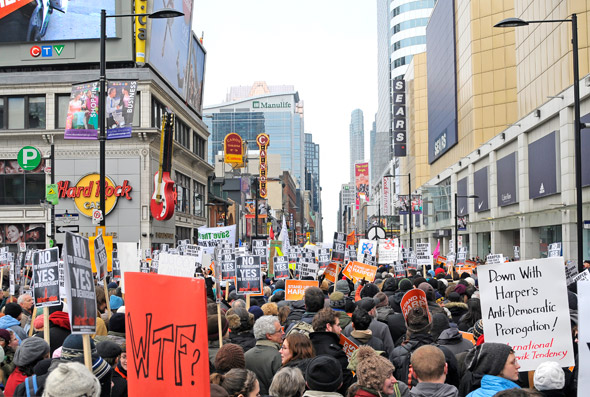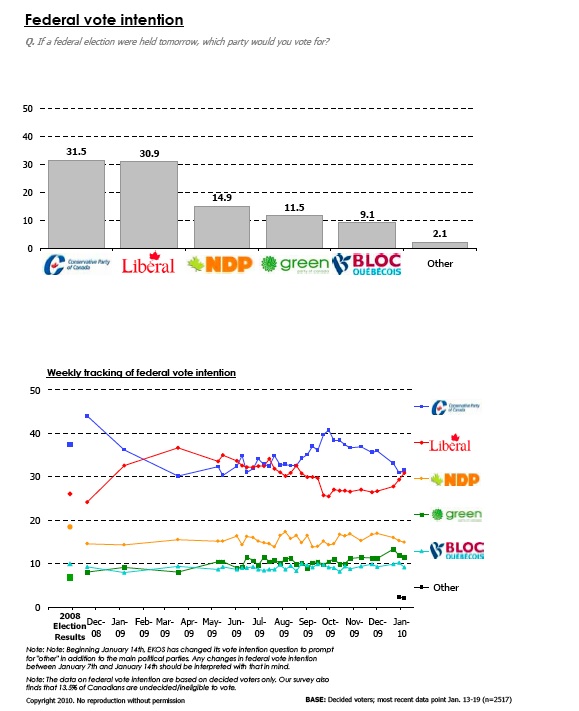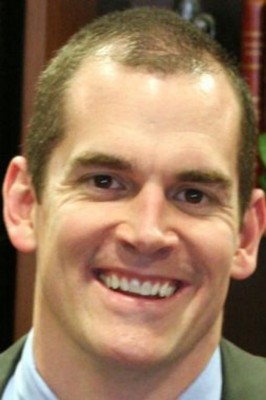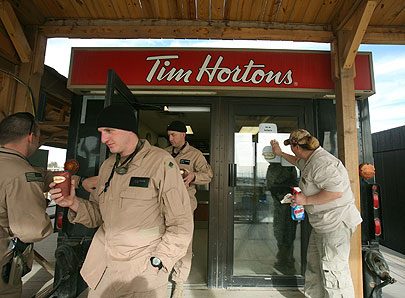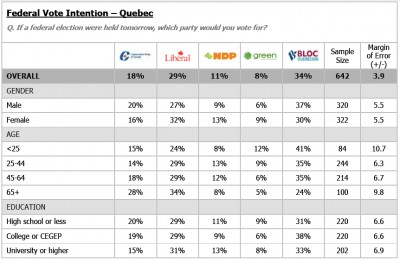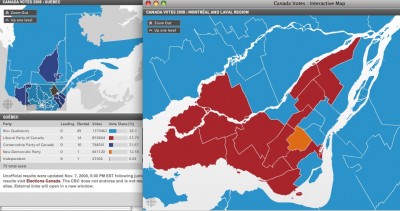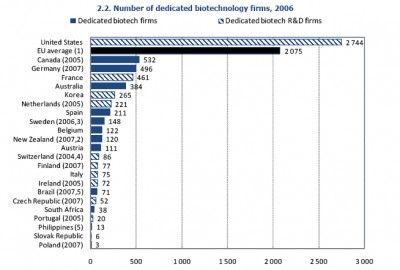It’s Marc Garneau. Just a quick post here on yesterday’s news out of Ottawa that the Liberal party has its first post-Ignatieff candidate for the party leadership, at least for the interim job, anyway.
Garneau was Canada’s first person in space, travelling three times on American space shuttle missions. Garneau was a “payload” specialist with expertise in operating the Canadarm of the shuttle, its famous Canadian content. Post space ventures, he became President of the Canada Space Agency. A scientist, engineer, military officer, it’s quite an impressive background and definitely would be a contrast to other party leaders in Ottawa.
In the past year, he distinguished himself on the F-35 purchase issue (see video here, for example, where he really seemed to be enjoying himself in the political sparring) and in challenging the Conservative decision to axe Canada’s long form census. Both issues were in his wheelhouse, given his background, and he seemed to mature politically due to his involvement in those issues. He’s only been in Parliament since 2008.
He also has a sleeper likability about him as well. Unassuming and solid are two other adjectives I’d use. And see his twitter feed for more of the personality aspect. That May 9th tweet suddenly takes on a whole new meaning.
Interesting that news of his bid came one day after the caucus first met to begin discussions on the interim leadership, among other things. This Canadian Press report indicates the caucus has still not accepted the national executive’s conditions for the person seeking the interim leadership. Meaning he threw his bid out there before the question of whether the interim leader can become permanent leader is resolved (at least, that question is unresolved to the public eye). That’s interesting and it may say something about a selflessness he brings, or, he just doesn’t have any ambition for the permanent slot at all.
There still may be other interim leadership candidates to come, but that’s a brief initial take on Garneau’s bid.


